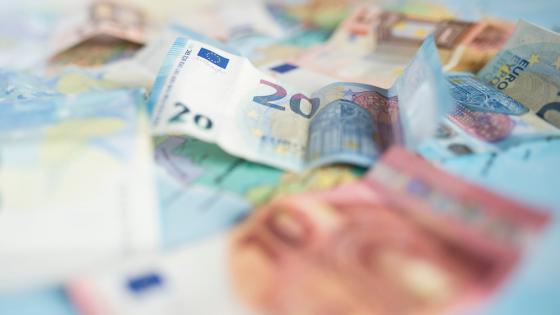DP7396 Expanding Microenterprise Credit Access: Using Randomized Supply Decisions to Estimate the Impacts in Manila
Microcredit seeks to promote business growth and improve well-being by expanding access to credit. We use a field experiment and follow-up survey to measure impacts of a credit expansion for microentrepreneurs in Manila. The effects are diffuse, heterogeneous, and surprising. Although there is some evidence that profits increase, the mechanism seems to be that businesses shrink by shedding unproductive workers. Overall, borrowing households substitute away from labor (in both family and outside businesses), and into education. We also find substitution away from formal insurance, along with increases in access to informal risk-sharing mechanisms. Our treatment effects are stronger for groups that are not typically targeted by microlenders: male and higher-income entrepreneurs. In all, our results suggest that microcredit works broadly through risk management and investment at the household level, rather than directly through the targeted businesses.

